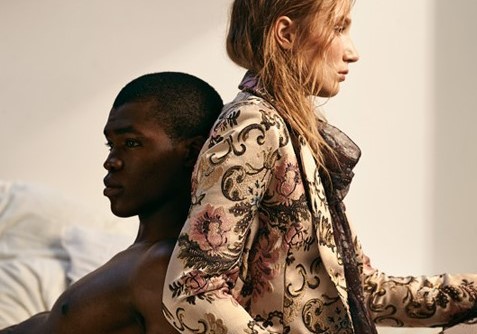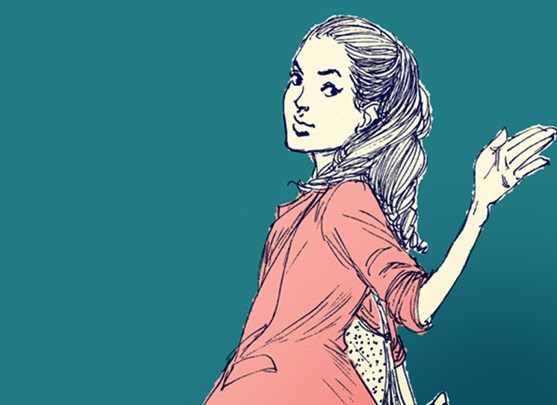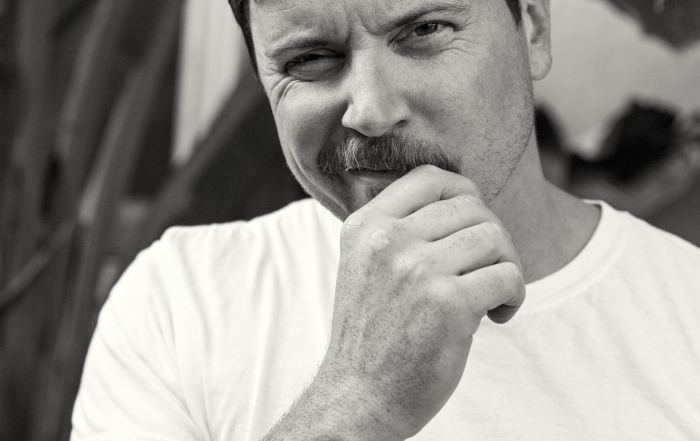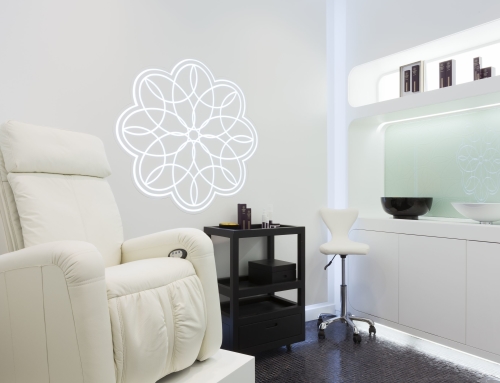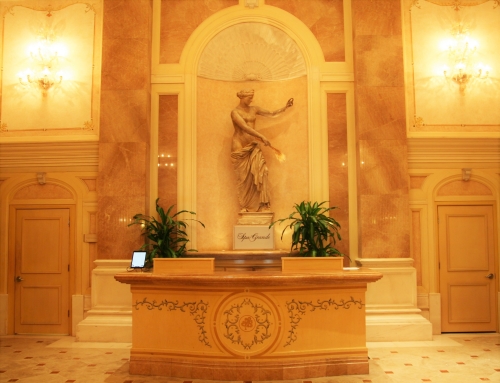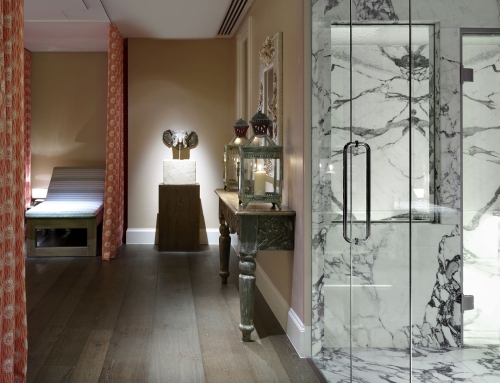Text by Jennifer Lee | Photography by Matthew Sullivan
Across the thousands of years of ancient Chinese history — spanning back to the age of the great emperors — hot springs have been a part of the region’s culture. An essential practice of everyday life, bathing in these warm geothermal waters is a ritual that is blind to economic status.
In Taiwan’s valley town of Wulai — where the largest free public hot springs lay — the elemental nature of bathing culture permeates society. Here in the home of the Atayal aborigines, encircled by mountain peaks, valleys, waterfalls and ancient forests, the Volando Urai Spring Spa & Resort invites guests to experience spiritual wellbeing in the lap of luxury.
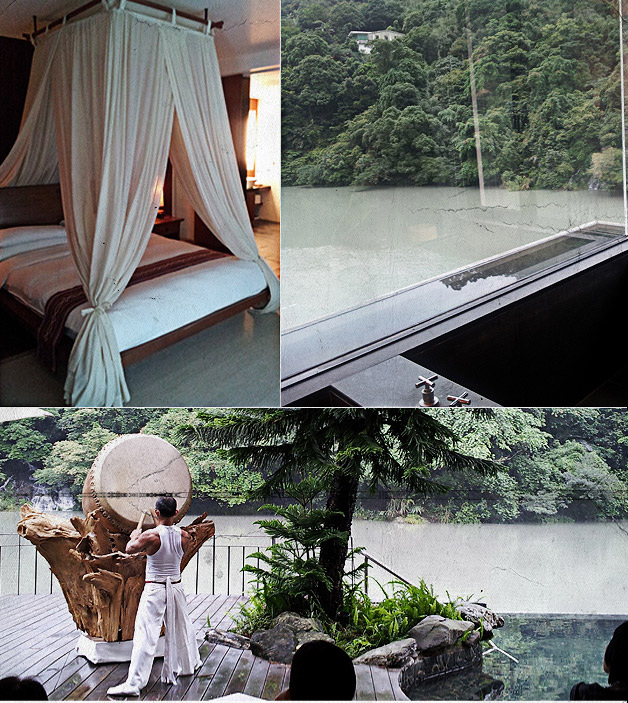
Quiet grandeur imbues the minimalist design of the resort, paying homage to the local tribes’ traditional architecture of stone-slab, seamlessly blended with wood and bamboo. Floor to ceiling windows soak bedrooms in sunlight, tempting guests to stay in suite and submerse themselves in the comfort of their own private hot spring; a slate soaker tub with an unobstructed view of the winding mountains, and calm Nanshi River streaming below.
Wondrous though bathing in the splendor of spring water in one’s suite is, soaking in the pools of Volando Urai’s public hot spring is a revelation.
For westerns who perceive the word “spa” to be synonymous with “pampering,” a day at the pools here will enlighten your notion of a spa getaway, as it did mine.
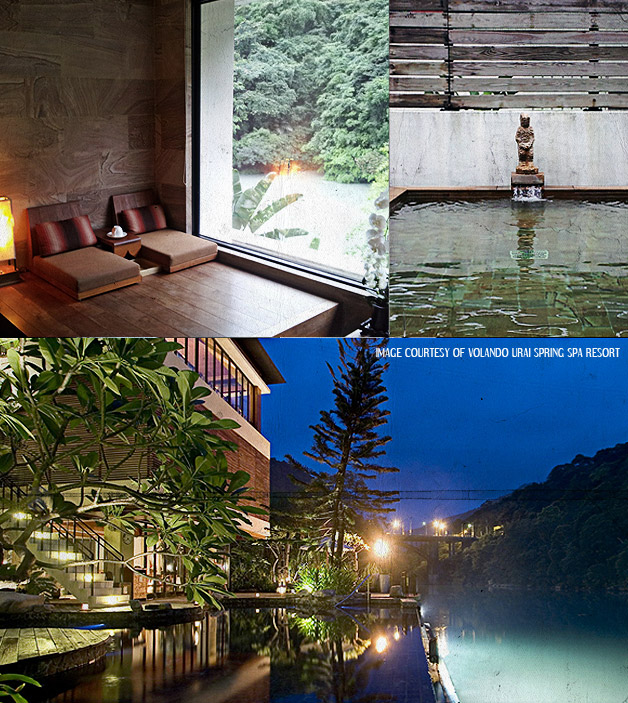
Dipped neck deep into the soothing heat of the waters, I found myself tending to my own stresses; learning from the women around me — old and young — I followed their lead, and began massaging areas where tension was knotted. My mood calmed as my pace slowed, and I began to hear and smell the nature around me more acutely than I had when I first entered. Only the sound of hands cupping the water could be heard overtop the melody of birds.
Rejuvenated from my time in the springs, I move inside to the large indoor pools, skipping the cold-water plunge, and sampled the spa’s hydrotherapy to tackle the last notes of tension left in my body. Almost lightheaded from the serenity flowing through my body up to my head, I finish the day in the sauna. Utilizing the sea salts laid out for patrons inside, I exfoliate my skin head-to-toe.
Inside the changing rooms, I was in awe of the way the women slowly prepared themselves for their reemergence. Tranquility seems to guide the comb through their hair, and I found again, that I began to move at their rhythm, slowly going through my everyday beauty routine from a new perspective of wellbeing. Suddenly none of it was for anyone else, but me.
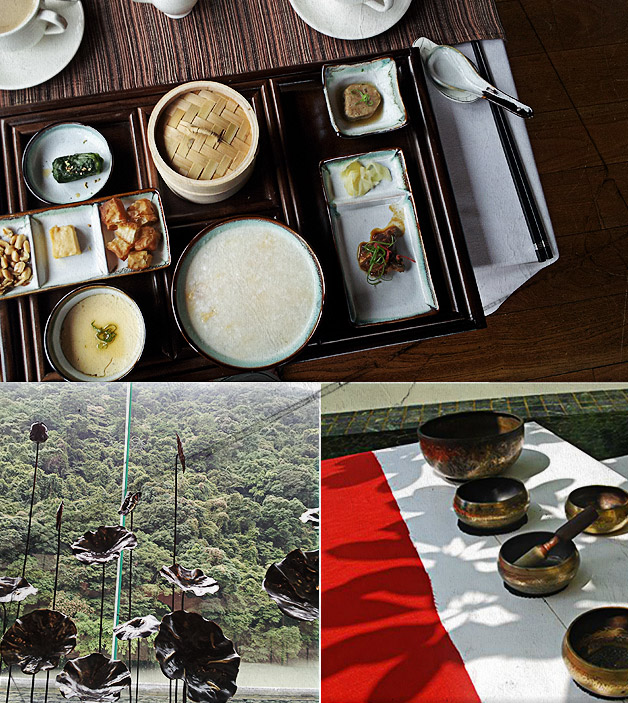
From the spa to dinner (guests have a choice between the Western inspired food of Siliq Café’ and Soyan restaurant’s traditional Taiwanese fare) back to the suite, I felt utterly content. Relaxed and full on the light seasonal dishes of Soyan, sleep immediately took me. In the morning, breakfast and coffee at the Siliq Café afforded a stilling view of a traditional Taiwanese tea ceremony, and relaxation continued to unfold.
Having been to a fair share of 5-star spas around the world, my stay at the Volando Urai Spring Spa & Resort leads me to conclude: cucumber water be damned, I’ll take the ticket to Wulai, and return with peace of mind, instead of a free luffa sponge.








